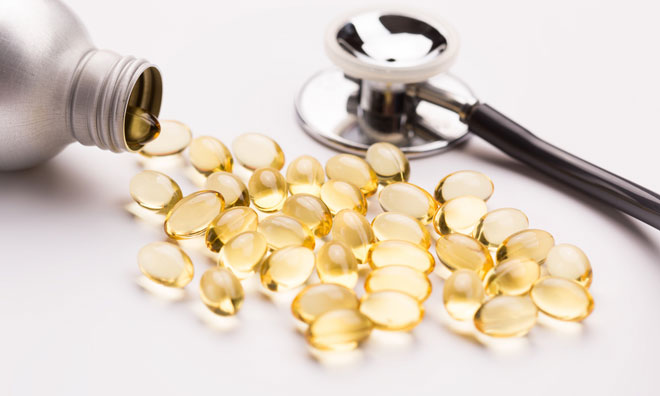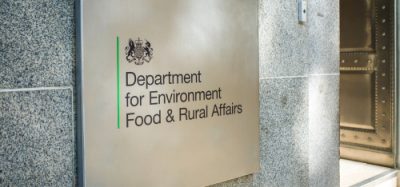To keep our oceans healthy the fish oil industry must back sustainable fishing
- Like
- Digg
- Del
- Tumblr
- VKontakte
- Buffer
- Love This
- Odnoklassniki
- Meneame
- Blogger
- Amazon
- Yahoo Mail
- Gmail
- AOL
- Newsvine
- HackerNews
- Evernote
- MySpace
- Mail.ru
- Viadeo
- Line
- Comments
- Yummly
- SMS
- Viber
- Telegram
- Subscribe
- Skype
- Facebook Messenger
- Kakao
- LiveJournal
- Yammer
- Edgar
- Fintel
- Mix
- Instapaper
- Copy Link
Posted: 15 May 2017 | New Food | No comments yet
To satisfy our appetite for fish – whether as fillet, finger or fish oil capsule – around 100 million tonnes of seafood are caught worldwide every year – twice as much as 50 years ago.


According to the FAO, one-fifth of this catch is not fished for direct human consumption, but goes into the industrial production of fish by-products. For instance, more than 14 million tonnes of wild-capture seafood are used to produce a million tonnes of fish oil. Which, owing to its health-promoting Omega-3 fatty acids, is used in food supplements, pharmaceutical products, spreadable fats and infant formulas. In contrast to the seafood industry, where awareness of sustainable production has long been established, the implementation of recognised sustainability criteria in the production of fish by-products is still in its infancy.
More sustainability by 2020
The MSC (Marine Stewardship Council) is determined to change this. By 2020 they want 20% of the catch that goes into the production of fish oil to come from MSC-certified fisheries. In addition, over the next three years, they aim to convince five of the top 10 fish oil producers to procure MSC-certified raw materials.
To date, fish oil from MSC-certified raw material accounts for approximately 8% of the world’s total fish oil production. Many fisheries whose catches go into the production of fish oil have lacked the incentives to make their fishing practices more sustainable. However, the demand for independent sustainability verifications is growing and some retailers and brands, including Migros and Merz in Switzerland, have begun to switch over to products from sustainably caught seafood in their health product range. Recently, the Danish sandeel, Norway Pout and sprat fishery, whose catches are almost entirely processed into fish oil and meal, has received MSC certification for managing those low trophic fish species sustainably.
Camiel Derichs, MSC Europe Director, asks the industry to come on board the broader movement to drive improvements in the water: “We want a greater awareness amongst producers, brands and retail buyers of Omega-3 rich supplement products of the many MSC certified by-products from fisheries that primarily fish for direct human consumption. We can also point to a growing supply of certified raw material from sustainable reduction fisheries. Supplement brands and retailers can increasingly source sustainable MSC certified supplement products so we hope that they actually do this to reward the well managed fisheries that have gone through the improvements needed to meet the MSC Standard. Brands and retailers can in that way contribute to and accelerate the delivery of environmental improvements needed in this sector.”
Just a small fish?
For the production of fish oil, small and fast growing species such as sprat, anchovy or krill are often used. These species swim at the lower end of the marine food web, forming the food base for many larger predatory fish, marine mammals and seabirds. Overfishing of these ‘small’ fish species has a particularly serious effect on the balance of the marine ecosystem. Therefore, the MSC’s certification criteria include specific requirements for fisheries that catch “small” species. For example, the fishing pressure must be even lower than would be allowed for ‘larger’ species. In addition, MSC-certified fisheries are encouraged to make the best use of their catch, which means that all parts of a fish such as fins, skin and bones should go to good use.
MSC’s mission is to put all fishing activities, irrespective of the fish species and the final product, onto a sustainable basis to preserve marine habitats, ecosystems and fish stocks for the future. The MSC ecolabel, the world’s most credible and rigorous label for sustainable fisheries, shall enable producers and consumers to make a sustainable choice in the food supplements range and ensure that our oceans are not harmed so as to provide us with health benefits.







